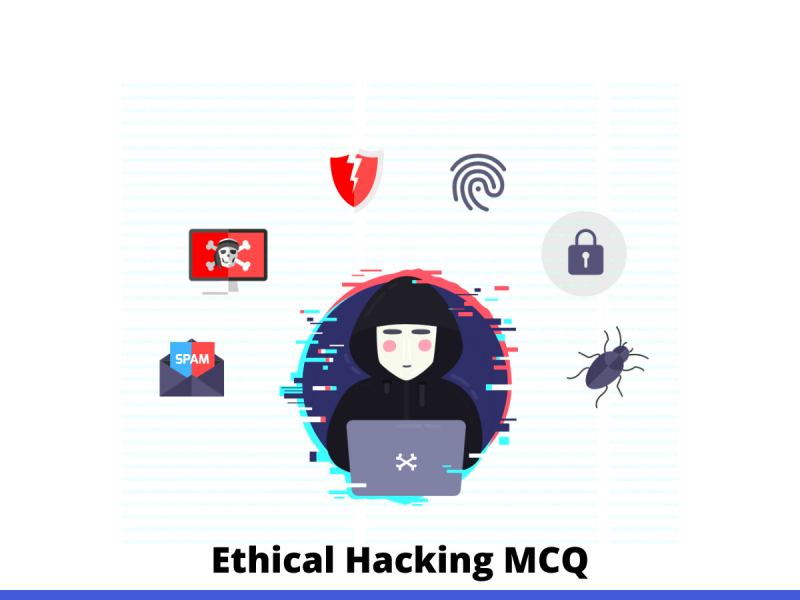Take Ethical Hacking Quiz to Test Your Knowledge
Practice here the best Ethical Hacking MCQ Questions that are designed to check your basic skills and knowledge about Ethical Hacking. This Ethical Hacking MCQ Test contains 25+ Multiple Choice Questions. Apart from this, you can also download the Ethical Hacking MCQ PDF below completely free.
Also, Read the Best Ethical Hacking Interview Questions.

